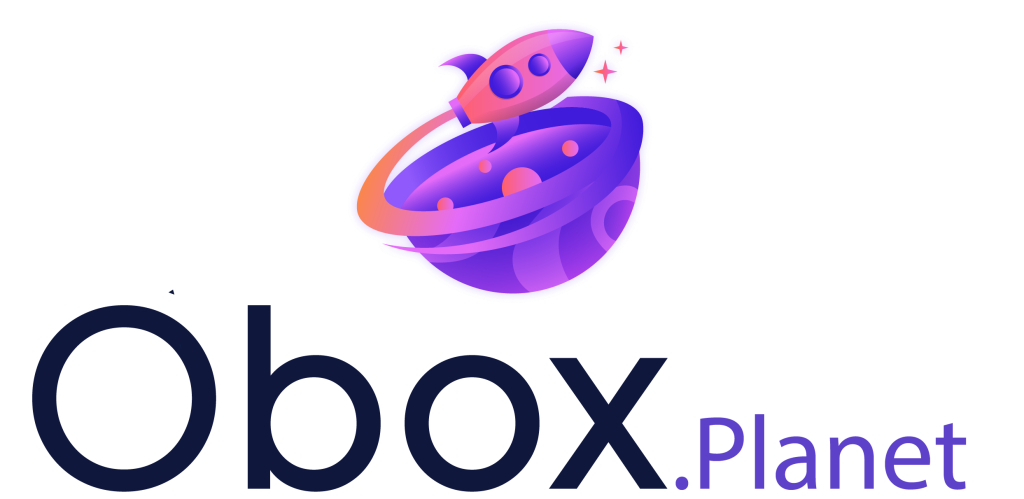Lab f4: Data Privacy
Data Privacy
Data privacy on the OboxPlanet is straightforward. When I provide information to you or any organization, we agree on how they can use my information. I have the option to specify whether they can keep it confidential, use it for advertising purposes, or for any other specified purpose.
Data privacy on the OboxPlanet is straightforward. When I provide information to you or any organization, we agree on how they can use my information. I have the option to specify whether they can keep it confidential, use it for advertising purposes, or for any other specified purpose.
Although there may still be hackers and breaches of contracts, they are significantly less frequent for one crucial reason: individuals and businesses are fully accountable for honoring their commitments. Their reputation and even their existence may depend on maintaining trust. This principle applies to communication, contracts, and even surveillance equipment. Transparency, trust and mutual understanding are key.
The problem on Earth lies with state regulations, which do not exist on the OboxPlanet. There are no requirements for tax disclosures, no cumbersome money laundering forms, no state interference with computer and telephone manufacturers and programmers, and no surveillance by agencies like the NSA. Consider this: where do leaks often originate today? Who might be able to tap into your phone calls, emails, text messages, and so on? And if the state bureaucrats have access, it becomes easier for any unscrupulous individual to gain access as well.
On the OboxPlanet, the absence of such state rules fosters a more secure and private environment for individuals and businesses.

Data privacy on the OboxPlanet is straightforward. When I provide information to you or any organization, we agree on how they can use my information. I have the option to specify whether they can keep it confidential, use it for advertising purposes, or for any other specified purpose.
Data privacy on the OboxPlanet is straightforward. When I provide information to you or any organization, we agree on how they can use my information. I have the option to specify whether they can keep it confidential, use it for advertising purposes, or for any other specified purpose.
Although there may still be hackers and breaches of contracts, they are significantly less frequent for one crucial reason: individuals and businesses are fully accountable for honoring their commitments. Their reputation and even their existence may depend on maintaining trust. This principle applies to communication, contracts, and even surveillance equipment. Transparency, trust and mutual understanding are key.
The problem on Earth lies with state regulations, which do not exist on the OboxPlanet. There are no requirements for tax disclosures, no cumbersome money laundering forms, no state interference with computer and telephone manufacturers and programmers, and no surveillance by agencies like the NSA. Consider this: where do leaks often originate today? Who might be able to tap into your phone calls, emails, text messages, and so on? And if the state bureaucrats have access, it becomes easier for any unscrupulous individual to gain access as well.
On the OboxPlanet, the absence of such state rules fosters a more secure and private environment for individuals and businesses.

What experiences on Earth, past and present, help us understand life on the OboxPlanet?
Today, we can pretty much assume that the state can access any electronic device and recording it wants. The issue of state surveillance and access to electronic devices has become a concern in today’s world. Instances like Angela Merkel’s complaint about the NSA listening to her conversations highlight the extent of these activities.
This perspective can contribute to a feeling of powerlessness when it comes to personal data. Why should I even care about how online shopping companies or Facebook handle my data if, ultimately, the state has extensive power to access and control it? It can create a frustrating cycle of uncertainty and vulnerability, a vicious cycle.
There are two potential approaches to limit or control such surveillance. The first is through political pressure, but it’s often challenging to achieve meaningful change because governments can manipulate or disregard the rules. The second approach is through encryption, which is likely to become more prevalent as a means of safeguarding privacy.
On the OboxPlanet, while there is encryption available for highly confidential matters, it is not necessary for the majority of interactions. This is primarily due to the fact that honoring contractual agreements is considered essential business practice. The focus is on maintaining trust and ensuring that parties involved respect their commitments, reducing the need for extensive encryption measures.
By prioritizing trust and responsible conduct, the OboxPlanet creates an environment where privacy is safeguarded without relying heavily on encryption technologies.

Do you ever worry about the destination of your data? Are there times when you hesitate to send messages or emails, or even refrain from sending them altogether? And what are your thoughts on the increasing prevalence of facial recognition technology? Well, on the OboxPlanet, you would enjoy much greater safety and security.
What can we do on earth?
State rules and laws require controls. More rules, more controls. More foreign entanglements foster more threats of terrorism and this justifies more surveillance up to the massively intrusive Patriot Act. An act, which, incidentally, illustrates the principle that the state never lets go of power, even if it was originally only meant for a crisis. The war on drugs is used to support regulations against money laundering. Complex tax laws and high tax rates necessitate financial transparency, and so on.
Therefore: reduce state involvement in citizens and foreigners lives. The need for surveillance will naturally diminish.
Edward Snowden, 1h37 into this interview, points out the interesting fact that only in the 1970’s did a court-case allow the police to access phone records. It ruled that these records, your data that a third party collects, are not yours but the third parties’. Back then, the consequences were much smaller today, when google, amazon etc. can collect oodles of data from people. As Snowden points out, it is a decision that could also be reversed. This would mean you have a privacy right in your records, you could legally decide what you want to do with them or allow others to do with them. It would be a huge benefit for privacy protection both regarding private companies as well as the state.
https://youtu.be/ZSu4rCizyUM. start at 1hour 37 minutes
Last but not least USE CASH MONEY for all your daily purchases. Every time you pay cash, you vote for freedom. Think about it. If the state can outlaw cash, it can control all money transactions. It will not do it at once but it might start limiting how much you can travel, what books you buy, how much spend on this or that type of food, etc. etc. in the end it can control your life completel, just about anything you can imagine.

